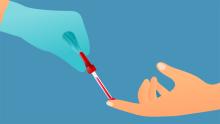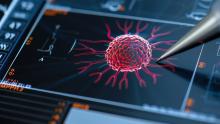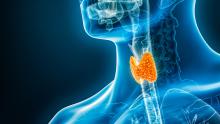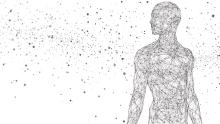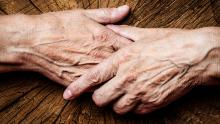A first-ever inside look at how the human body manages proteins

When the systems that regulate proteins fail, the outcome can be cancer, heart disease or neurodegenerative disorders. Research by the EU-funded Nedd8Activate project offers a window into how the body clears away unwanted proteins. This knowledge could help treat protein dysregulation, and pave the way for drugs that flag disease-causing proteins for elimination.

